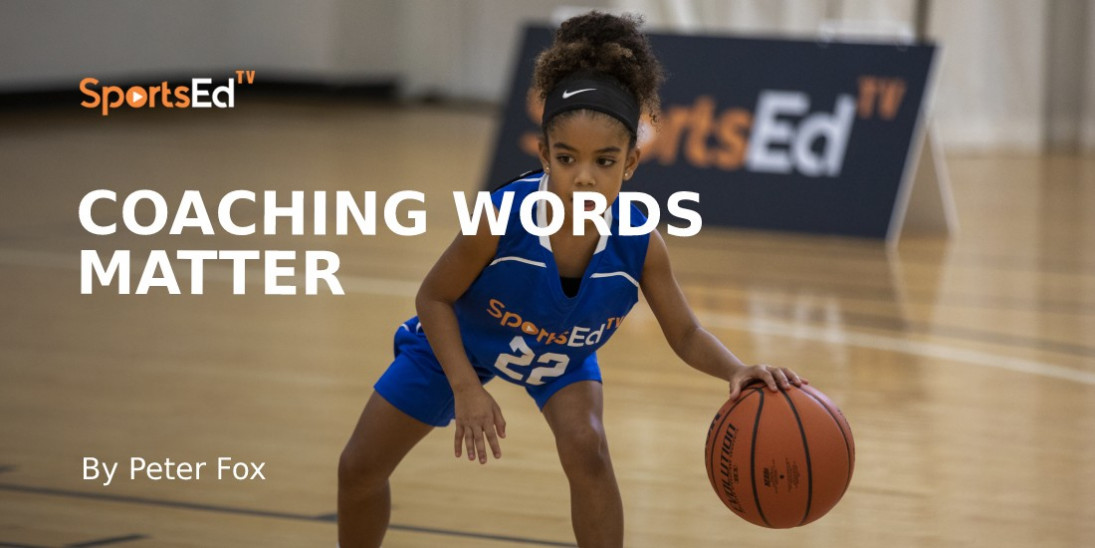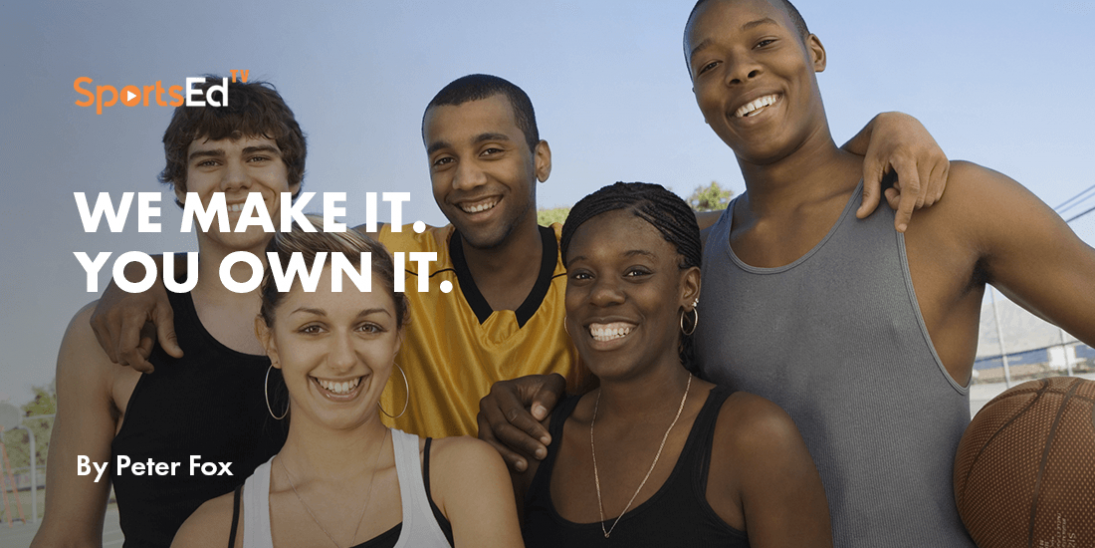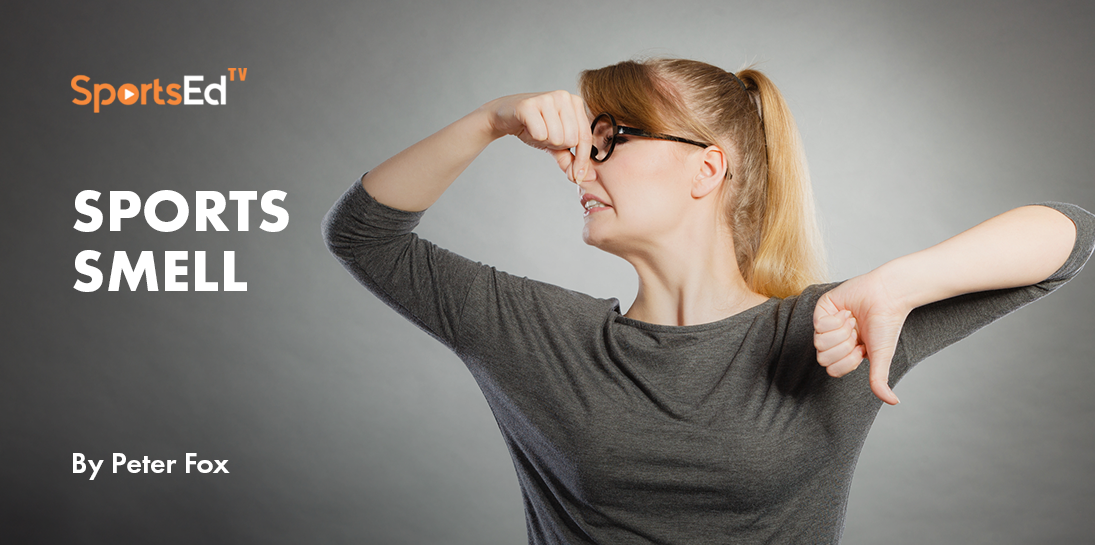Basketball, Volleyball, Mental Health, Health
Welcome and thanks for visiting...

How Coaching Words Matter

Picture this:
The scoreboard reads 86 to 86. Twenty seconds remain on the game clock. Time is out. Coach Jimmy Corrigan huddles his girls and plots a victory play this way:
“Ok, guys, this is our chance. We got the ball. They’re gonna man-to-man us. So, Aliyah you post up. Del, you take it out. Connie, screen for Diamond. She'll drive and either hand off to Aliyah or get fouled. Either way, we're champs. Let's put on our big boy pants and go get it."
Fiction? Yes. Awkward? For sure. A stretch? Not so much say leaders in women’s sports.
The language of sports has been man-skewed, and expectedly so, has coaching, playing and even broadcasting of competitions have historically bent that way although changing, it is not exactly at warp speed.
Despite preparing to celebrate the 50 years of equality-effecting Title 9 legislation many women sports leaders maintain the coaching culture has a long way to go to level the gender fields in sports.
Currently, SportsEdTV relies on advisories leadership and contributions of a very large number of highly qualified sportswomen to help us respect and activate balanced and equitable instruction to assist athletes, coaches, and parents, no matter their aspirations in sports.

Coach & Contributor Bio Links
Lizl Kotz - Joy Macci - Tocarra Williams - Bridgett Raach - Kerri Goodrich- Elisabeth Oehler - Katherine Aiken - Connie Charles - Wendi Weimer - Vanessa Yingling - Deborah Stroman Clair Carter - Summer Huntington - Kristen Dieffenbach – Emma Doyle – Shannon Kneisler Sarah Stone – Tanya Porter - Diana Sicoti – Bianca Walkden – Darlene MacDonald – Meg Stone Ariana Arabtig – Liberty Forest – Carolina Garbato – Jane Sirmons - Victoria Georgieva Katrina Wahlstrom – Tiffany Faucette - Alison Foley - April Heinrichs – Analja Van Zyl Seanna Thomas – Cecile Reynaud - Tania Spiteri – Denise Shilte-Brown – Jena Lynch Charis Nawrocki - Ali Weingroff – Marina Carbonari – Greta Anderson – Leslee Schenk-Tczinsk
The sporting spirit of diversity, equity, and inclusion is becoming more and more widespread as the benefit of sports spans, genders, and other societal segments.
Another sports leader, Nike, offers a program aimed at the coaching community offering a Coaching Girls Guide which includes an admonition for coaches to use inclusive language, unlike the stilted example leading this article.
And a deep dive Analysis of Gender-Fair Language in Sport and Exercise by researcher Darija Omrcen will satiate scholarly appetites on the subject.
As for your scribe, a big brother to five beautiful women and as little brother to another, learning the perils of mansplaining was elementary to daily living. For readers not fully armed by parsing mansplaining as it nowadays presents itself, here’s how Webster’s defines it:
explaining something to a woman in a condescending way
that assumes she has no knowledge about the topic
Beyond the language of sports, and well beyond the healthy versus the disciplining old school coaching techniques as described by The Center for Justice In Sport, it is stressed that underneath fun and camaraderie, sport can be a vehicle to provide creative and accessible solutions to some of society’s biggest issues.
Further, the Billie Jean King founded Women’s Sports Foundation’s ten key findings in its 2019 Coaching Through A Gender Lens report highlight:
- Girls love sport. Overall, the vast majority of girls (93%) loved or liked their sport a lot, and this was key to their desire to continue their sport participation.
- The power of a coach. Coaches play a central role in getting and keeping girls involved in sports. Girls' liking of the coach was directly associated with future intent to keep playing sports, the importance of playing, and love for the sport.
- Girls want to have fun and be challenged. The majority of girls (85% or more) reported their coaches created a positive environment encouraging safety, fun, skill-building, and healthy competition.
- Build supportive relationships. Building supportive relationships within the sport is a critical ingredient for engaging and retaining girls in sport.
- Girls are strong and athletic. Do not underestimate girls' abilities. Girls are powerful, strong, and very capable, and they need to be treated this way.
- Competition is a winning factor. An emphasis on winning was also perceived to be a highly positive coaching behavior when combined with an emphasis on fun and skill development, a combination that was predictive of girls’ intentions for long-term sports participation.
- Goals motivate girls. Goal setting is a particularly important part of coaching so that having a coach who sets goals is not only predictive of girls liking the coach, but also of girls loving the sport and intending to play in the future.
- Female coaches are important role models. Girls more readily identify with and see a female coach as a mentor and as a role model, which, in turn, can help counter stereotypes and boost girls’ confidence, self-efficacy, and sense of belonging.
- Parental involvement is key. The more parents participate, the more likely it is that their daughter loves their sport, intends to play throughout high school and beyond and thinks playing sport is very/extremely important.
- Girls still face gender-related challenges. In contradiction to the numerous cultural messages that tell girls that sports are “for boys,” our national sample of girl athletes and their parents both highly endorsed (97%) that sports are as important for girls as they are for boys, and 75% of girls and 70% of their parents reported that it is extremely or very important that they play sports.
Resonating loudly as we interviewed and spoke with women’s sports leaders was WSF’s second finding that emphasized the power of coaches who influence girls’ lives, positively and sadly negatively in some instances.
One of the most influential international women in sports is Dr. Sarah Hillyer founder of the Center for Sports, Peace, and Society at the University of Tennessee a co-founding partner of the US State Department’s Global Sports Mentoring Program that annually mentors international women to serve their local communities by increasing access to and opportunities for participation in sports.
Could it be that Sarah Hillyer’s stellar career advocating women’s sports may have been ignited by the power of a controlling coach?
That’s a listener’s question we had as she told of her first college basketball coach—a woman—whose power disciplined and restricted Sarah’s play if she didn’t daily meet the bodyweight requirement the coach insisted upon. Could bulimia be far behind? Sarah told me it wasn’t.
Controlling or bully-coaching is not gender-specific. In sports old school coaching disciplines had become systemic and though changing in today’s sports world some continue in the system like other ism’s affecting our society.
As another leader, SportsEdTV Senior Contributor Dr. Deborah Stroman, herself a former basketball standout at Virginia University, tells in another “ism” space, The Racial Equity Institute where she also lectures that systemic pollutions are epitomized in The Groundwater metaphor which applies to many pervasive societal ills even old school coaching.
The metaphor, paraphrasing the writing of Bayard Love and Denna Hayes-Greene goes like this:
When you find a fish floating belly up in your pond, you should inspect the fish.
When you find many fish floating belly up in your pond you should inspect the pond.
When your neighbors’ ponds are filled with fish floating belly up it is time to inspect The Groundwater.
Over 95% of the freshwater on earth is below the surface—in the system—The Groundwater.
As the play in women’s sports grows with the enthusiasm of women representing virtually half of the world’s population SportsEdTV hopes to encourage even more coaching evolution.
From our founding we asserted no matter your gender or aspirations in sport if you are striving to improve, you are winning! For coaches, parents, and friends, we want to help you assist your athletes and celebrate their exciting journey.
Sports coaching paradigms are changing and many in and out of the games celebrate improvement eloquently captured in the verse of Amanda Gorman the youngest inaugural poet ever whose inspirational new work Change Sings reminds this way:
“I can hear change humming
In its loudest, proudest song.
I don’t fear change coming,
And so I sing along.”





